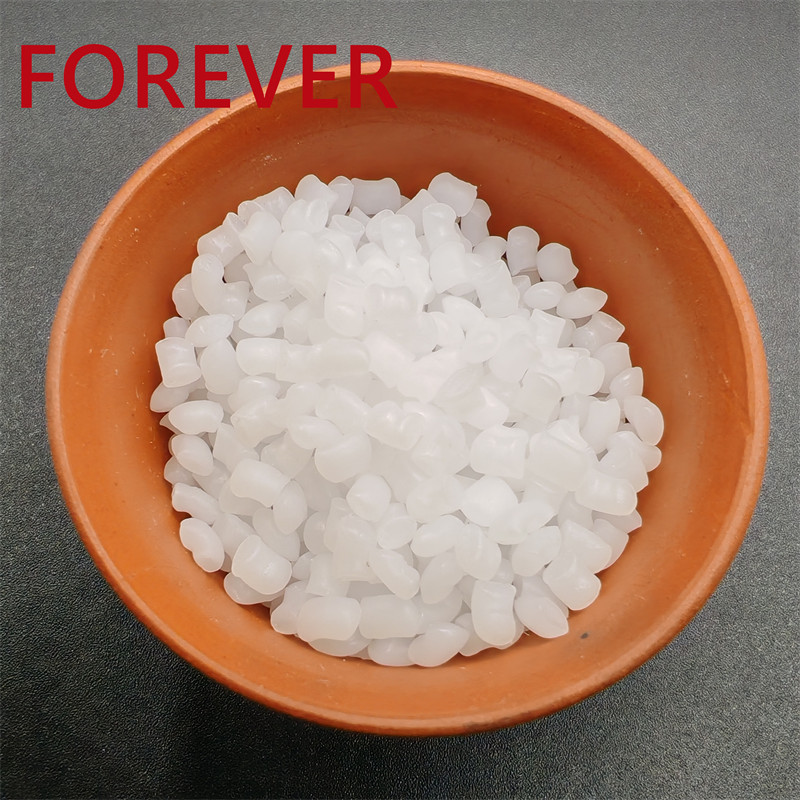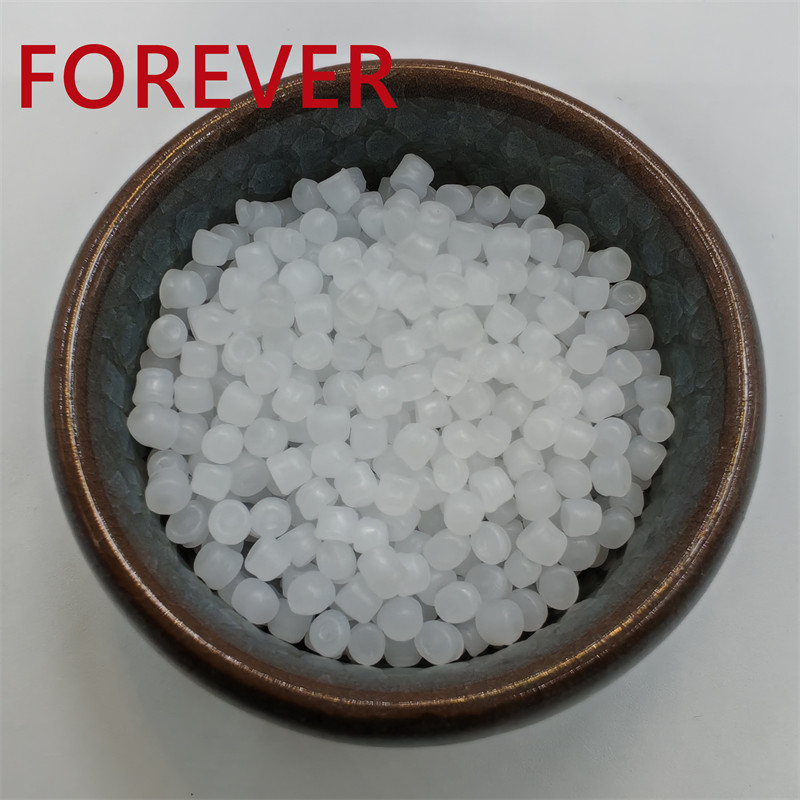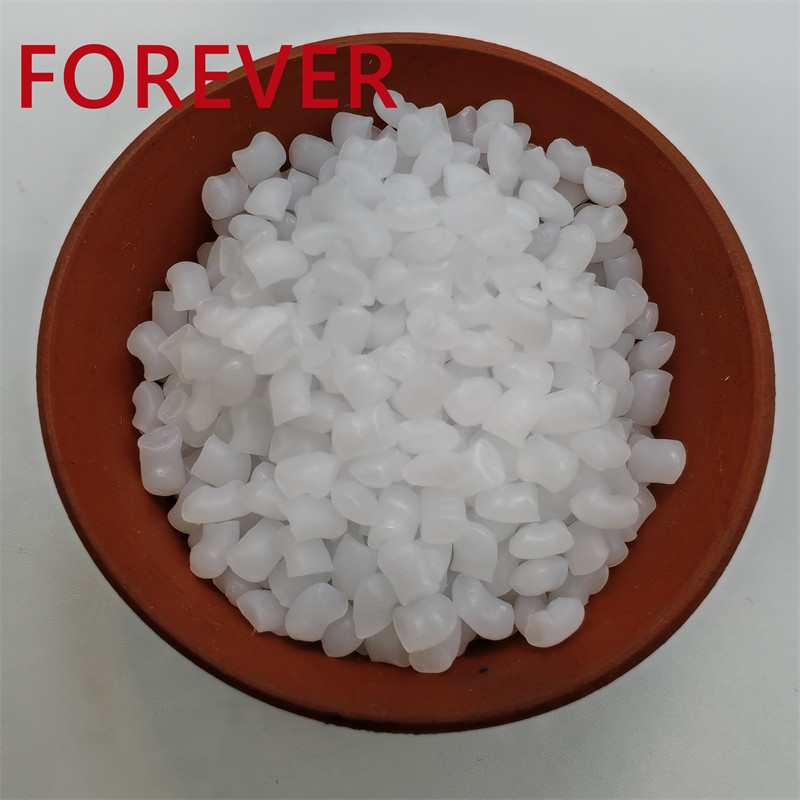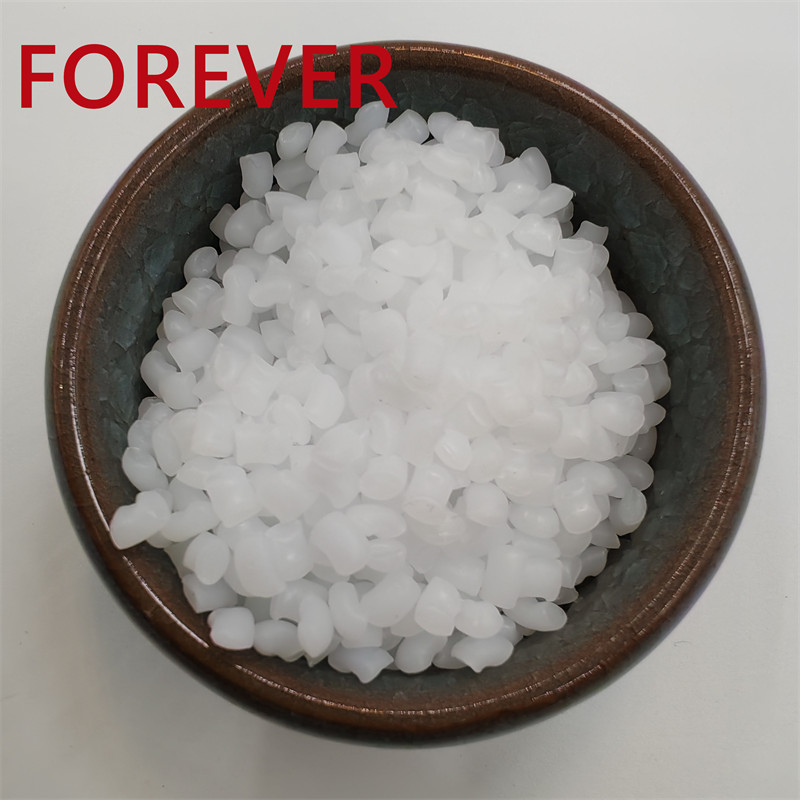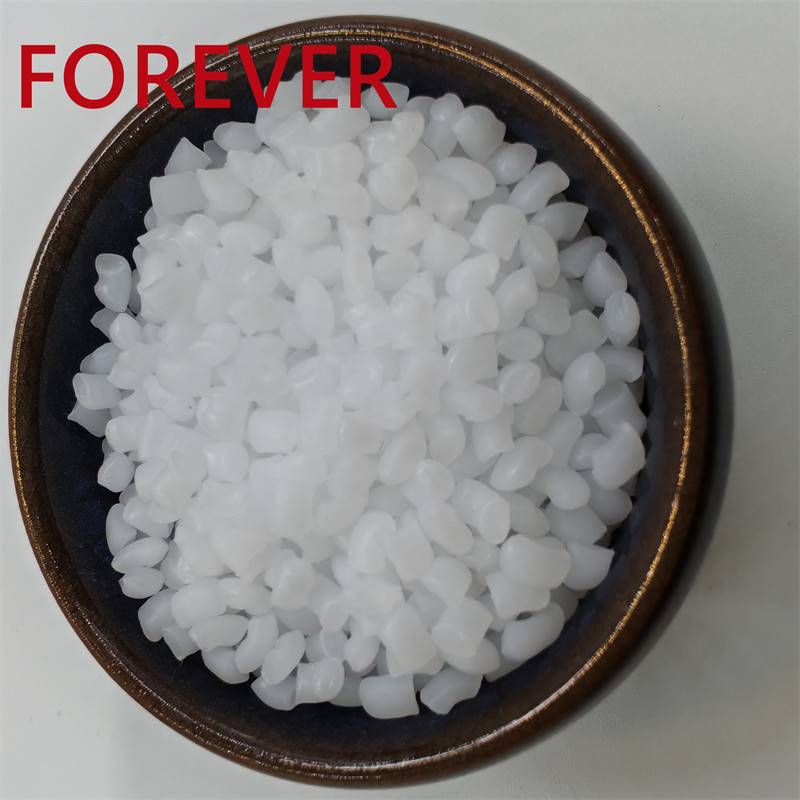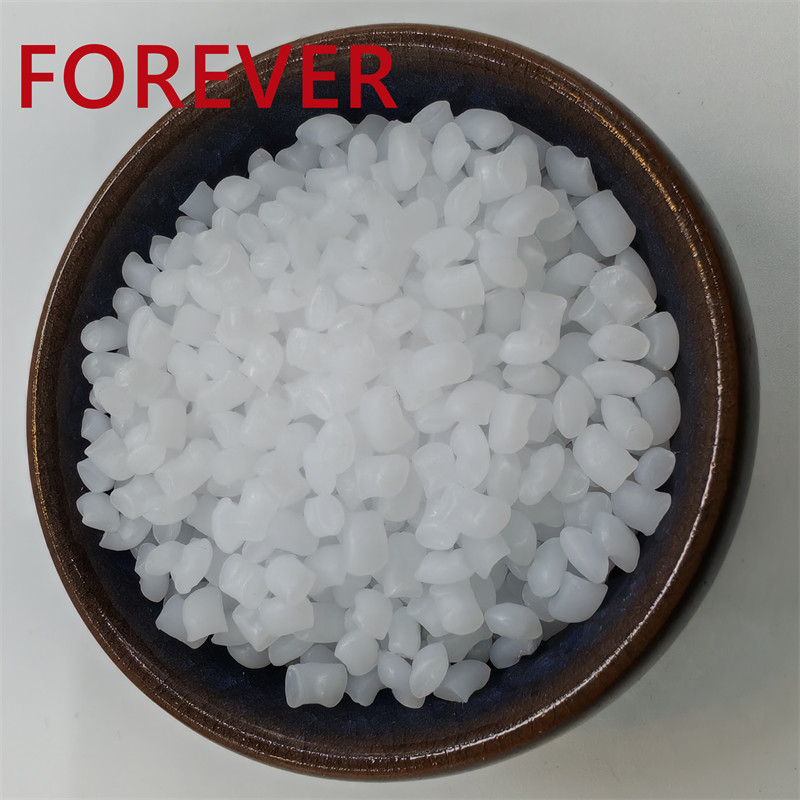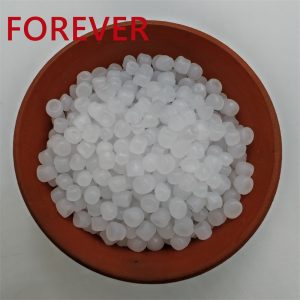The quality of Sinopec’s PP resin can be compared to other brands in the following aspects:
- Homopolymer vs. Copolymer: Sinopec produces both homopolymer and copolymer PP resins. Homopolymer resins like Sinopec’s PPH-T03 have higher rigidity and better heat resistance, making them suitable for applications requiring high-temperature stability such as hot fill containers and microwaveable products . In contrast, copolymer PP resins, such as random copolymers and impact copolymers, offer improved impact strength. For example, Sinopec’s impact copolymer resins are designed for applications where toughness at low temperatures is crucial, like in automotive parts or freezer storage containers.
- Additives and Modifications: Sinopec incorporates various additives and modifiers in its PP resins to enhance specific properties. For instance, some grades may contain antioxidants to improve the resin’s resistance to degradation during processing and use, ensuring longer product lifespan and better performance in harsh environments.
- Density: PP resins in general, including those from Sinopec, have a relatively low density compared to other plastics, typically around 0.90 – 0.91 g/cm³. This low density allows for the production of lightweight products without sacrificing too much in terms of strength and durability, making it advantageous in applications where weight reduction is important, such as in the automotive and packaging industries.
- Mechanical Properties: Sinopec’s PP resins exhibit good tensile strength and rigidity, enabling them to withstand mechanical stresses in various applications. However, like most PP resins, their impact strength, especially at low temperatures, may be relatively poor compared to some engineering plastics. To address this, Sinopec has developed impact-modified grades for applications where better impact resistance is required.
- Thermal Properties: The heat resistance of Sinopec’s PP resins is quite good, with some homopolymer grades able to withstand long-term exposure to temperatures up to 100℃ or even higher without significant deformation. This makes them suitable for applications involving hot liquids or heat-treated products. Additionally, nucleating agents can be added to further improve the heat resistance of Sinopec’s PP resins, allowing them to be used in more demanding thermal applications.
- Surface Hardness: The surface hardness of Sinopec’s PP resins is moderate among plastics, being better than polyethylene but not as high as PVC, PS, or ABS. However, for certain applications where surface hardness is not the primary concern, such as in flexible packaging or some consumer goods, the existing hardness of Sinopec’s PP resins is sufficient.
Sinopec’s PP resins possess excellent chemical resistance to most acids, alkalis, salts, and oxidants, which means they can maintain their structural integrity and performance when exposed to a wide range of chemicals. This property makes them highly suitable for packaging applications involving various substances, such as detergents, cosmetics, and some food products. However, like other PP resins, they may be susceptible to swelling or dissolution in certain non-polar organic solvents.
- Melt Flow Rate: Sinopec offers PP resins with different melt flow rates to meet the requirements of various processing methods. Resins with higher melt flow rates are more suitable for injection molding of large, thin-walled products due to their better fluidity, while those with lower melt flow rates are preferred for extrusion or blow molding processes where melt strength and stability are more critical.
- Crystallization Behavior: The crystallization characteristics of Sinopec’s PP resins play an important role in determining their final properties. During processing, the cooling rate can affect the size and distribution of crystals, which in turn influence the product’s mechanical properties, transparency, and dimensional stability. Sinopec’s technical expertise allows for better control of the crystallization process to optimize the performance of the final products.
Sinopec is one of the largest petrochemical companies in China with advanced production technologies and strict quality control systems. This ensures a high level of product consistency and reliability in its PP resin production. The company’s resins are produced under standardized conditions, resulting in stable quality from batch to batch, which is crucial for manufacturers who require consistent raw material properties to maintain the quality and performance of their end products.
With increasing environmental awareness, the recyclability of plastics has become an important factor. Sinopec is also actively researching and developing more sustainable PP resin products and improving the recyclability of its resins. Compared to some other brands, Sinopec’s efforts in environmental protection and sustainable development may give it an edge in meeting the market demand for greener materials.
